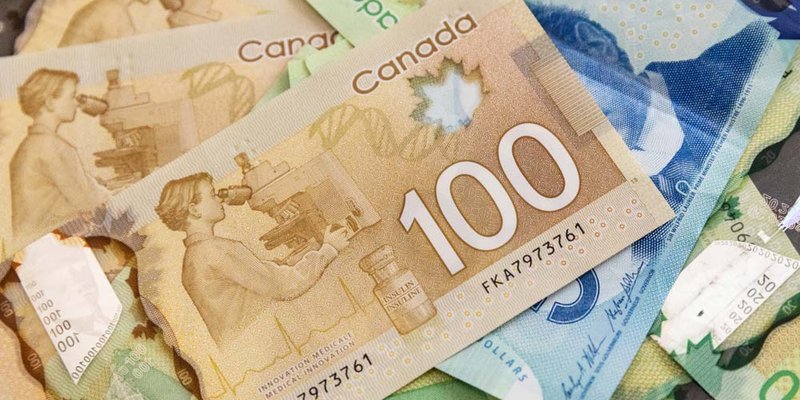
If you are not redirected within 30 seconds, please click here to continue.
Samedi: 10h – 16h HAE

If you are not redirected within 30 seconds, please click here to continue.
If you are not redirected within 30 seconds, please click here to continue.
What Immigrants Need to Know About Canadian Banking

Immigrating to a new country can be exciting; it's a new beginning that offers hope to those who are looking for something a little different. But for newcomers, the process can be absolutely overwhelming.
Considering the cultural and linguistic barriers many immigrants face, it’s no wonder that financial matters are often moved to the back burner. Here are some helpful hints that should make the process a little less daunting:
The financial checklist for new Canadians
Getting started in a new country means taking care of all the financial details. While you might be able to get by using your accounts from home initially, you’ll eventually want to switch to Canadian accounts, if for no other reason than to make life easier. Consider:
- How you’ll address your basic banking needs
- Making a plan that includes budgeting and spending habits
- Opening savings accounts, both short term and long term
- Investing for the future
- How you’ll borrow money
- How to protect yourself from fraud
Determine your basic banking needs
First, you’ll want to open new Canadian chequing and savings accounts. If language is a barrier, look for a bank that offers services in your native language. Be sure to ask questions about monthly fees, service fees and how interest is charged on your account.
Budgeting beyond borders
A well-organized budget will account for every penny that comes in and every penny that goes out. Track your expenses, identify your spending habits, and make a plan for how you’ll increase savings while reducing overall spending.
Saving should still be the priority
Starting a new life is a costly endeavour for anyone.
Many newcomers to Canada have a lot of other things to focus on. As a result, saving money is often one of the last things on their mind.
Making ends meet often takes precedence. Talk to your bank about setting up an automatic savings account that sets aside a certain amount of money each week. It doesn’t matter how much you set aside, as long as you get in the habit of doing it. You can always increase payments when you’re financially ready to do so.
Investing in the future
When you first move to a new country, the idea of investments may not even cross your mind -- but investing is just as important as saving, although it likely won’t be possible right away.
It doesn’t hurt to familiarize yourself with Canadian investment options now, though. Be sure to speak with a financial advisor. They can outline the options for you.
The basics of borrowing money
Perhaps the biggest financial challenge newcomers face is the inability to obtain credit.
Usually, this challenge has nothing to do with the newcomer’s credit score, but everything to do with the fact that they don’t have a financial history in their new country. Reestablishing a credit history can be difficult – and frustrating – but it's not impossible.
Talk to your bank’s financial advisor about way in which to establish credit quickly. And regardless of whether or not think you’ll be given credit, start taking the steps to build it right away.
Using a secured credit card will help kickstart your new credit history. These cards require an upfront "collateral" payment that determines the amount of credit you can access. Using a secured card successfully lays down the groundwork for accessing general consumer credit cards later on, and will help with future borrowing such as mortgages and business loans.
Protecting yourself from fraud
Once you’ve established credit, you’ll want to protect it.
Credit card fraud is all too prevalent, but there are ways of avoiding it. For instance, avoid using your credit card on insecure websites or at locations that you don’t trust.
Always keep your credit cards and identification in a safe place. Never share your personal details online and make sure you create complex passwords that can’t be guessed.
Get money-saving tips in your inbox.
Stay on top of personal finance tips from our money experts!










